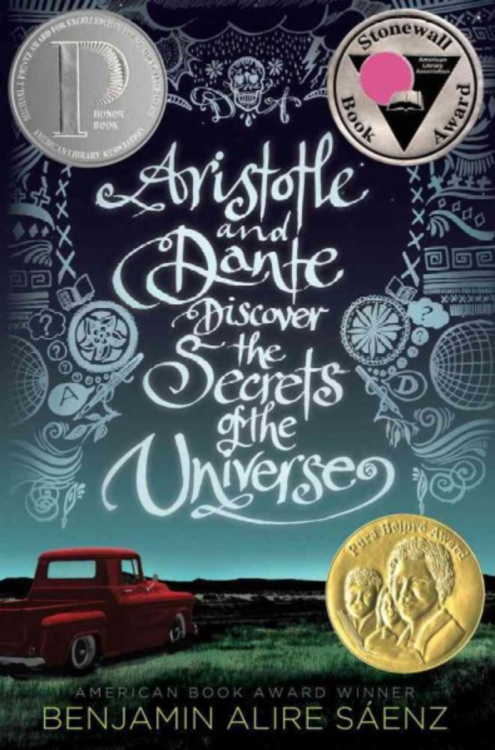Daniel James Brown
Viking

|
He came to understand how those almost mystical bonds of trust and affection, if nurtured correctly, might lift a crew above the ordinary sphere, transport it to a place where nine boys somehow became one thing—a thing that could not quite be defined, a thing that was so in tune with water and the earth and the sky above that, as they rowed, effort was replaced by ecstasy. It was a rare thing, a sacred thing… from The Boys in the Boat |
Triumph of the spirit, rowing
If you liked the film, Chariots of Fire, you’re going to love The Boys in the Boat, Daniel James Brown’s riveting account of the U.S. rowing team who beat the German and Italian teams at Hitler’s 1936 Berlin Olympics. Like fellow Seattle writer Erik Larson, Brown writes history as if it were a novel.
This saga is about nine youth from the University of Washington—“they were farm boys or lumberjacks or fishermen, the products of foggy coastal villages, damp dairy farms, and smoky lumber towns all over the state.”
They had come of age amid a crippling worldwide depression and Brown tells their stories, especially that of Joe Rantz, who Brown met as Rantz was dying 70 years after that moment in Berlin.
All the boys were poor, but Joe had had a particularly hardscrabble life. His mother died when he was four. Unfortunately, his stepmother didn’t like him, so Joe was sent to live by himself in their mining town’s one-room schoolhouse. He was ten years old.
Later, his father moved the family to Sequim and tried farming. Relations didn’t improve between Joe and his stepmother, and Joe returned home from school one day to find the family car packed with all their belongings. His father explained they were moving to California to find work; Joe would have to remain behind by himself. He was fifteen. It is hard to read these accounts and wonder at how callous parents could be, and certainly makes a strong case for CPS.
If Joe is the determined, self-reliant heart of the book, its spiritual center is George Pocock, who handcrafted the sleek 64-foot boats (“shells”) and became Joe’s mentor. He considered rowing less a sport than an art, “a symphony of motion. And when you’re rowing well, why it’s nearing perfection. And when you near perfection, you’re touching the Divine.”
The Washington underdogs began to take on the eastern elite schools who considered rowing to be their sport, setting up “a clash of eastern privilege and prestige on the one hand and western sincerity and brawn on the other. In financial terms, it was pretty starkly going to be a clash of old money versus no money at all.”
In the prologue, Brown relates how, when interviewing Joe Rantz at the end of his life, the only times the old man became emotional and would weep was when he talked about “the boat.” We understand. It had been the shining and defining moment of his life.
This review first appeared in The Columbia River Reader (October 15-November 14, 2013.) Reprinted with permission.



 Gabrielle Zevin
Gabrielle Zevin Benjamin Alire Saenz
Benjamin Alire Saenz Garth Stein
Garth Stein Christina Baker Kline
Christina Baker Kline



